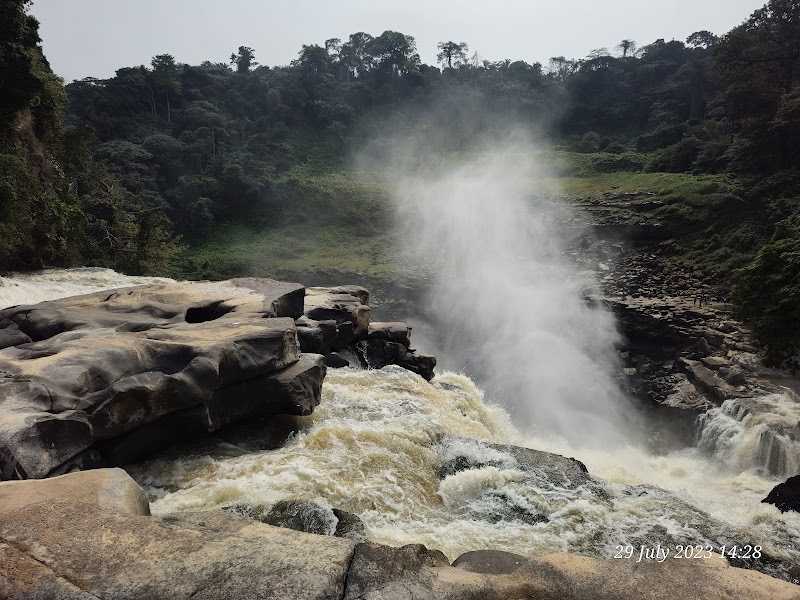
Lola Ya Bonobo Sanctuary
Lola Ya Bonobo Sanctuary is a dedicated refuge for endangered bonobos, offering visitors a unique opportunity to observe and learn about these rare great apes in a semi-wild environment near Kinshasa.
About Lola Ya Bonobo Sanctuary

Lola Ya Bonobo Sanctuary, located approximately 30 kilometers south of Kinshasa, Democratic Republic of the Congo, serves as the world’s largest sanctuary for bonobos (Pan paniscus), an endangered primate species found only in the Congo Basin. Founded in 1994 by the non-profit organization Friends of Bonobos, the sanctuary was established as a rescue center for orphaned and confiscated bonobos, many of whom were victims of the illegal pet trade or habitat loss. The sanctuary covers roughly 30 hectares of restored forest, providing a safe and naturalistic habitat where bonobos are rehabilitated and eventually reintroduced to the wild where possible. Visitors to Lola Ya Bonobo can witness semi-wild bonobo troops engaging in natural behaviors such as social grooming, foraging, and play, making it an exceptional site for wildlife viewing, primate research, and environmental education. The sanctuary is also a hub for conservation efforts aimed at protecting bonobos and their threatened habitat through community outreach and public awareness. While Lola Ya Bonobo does not offer traditional outdoor recreation like hiking or camping, it is a premier destination for ethical wildlife tourism and conservation learning. The site includes guided tours led by expert staff, interpretive educational programs, and opportunities to support ongoing rehabilitation work. Visitor appeal stems from the rare chance to see bonobos in a protected environment, contributing directly to the survival of a species found only in the Congo rainforest. It also offers a vivid example of grassroots conservation efforts in Central Africa, encouraging global awareness of biodiversity and endangered species protection.
Highlights
First and largest sanctuary dedicated exclusively to bonobos in the world
Opportunity to observe bonobos in a naturalistic, semi-wild forest environment
Educational guided tours led by experienced conservation staff
Support to ongoing bonobo rehabilitation and reintroduction programs
Notable Natural Features
Bonobo Habitats
Sprawling forest enclosures replicate natural bonobo habitats, allowing observation of diverse behaviors including socializing and foraging.
Rehabilitation Facilities
Specialized zones for orphaned bonobos to recover health and social skills before being integrated into larger groups.
Educational Center
Visitor education programs focus on bonobo biology, conservation challenges, and the importance of protecting rainforest ecosystems.